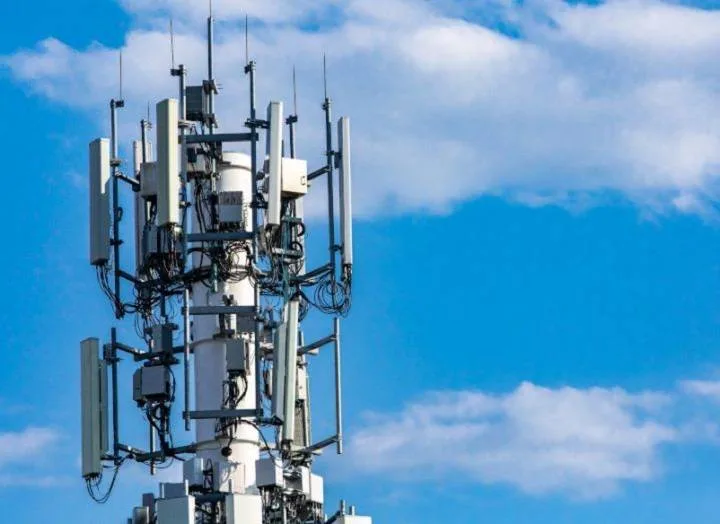As the world becomes increasingly connected, superfast connectivity will have broad implications for businesses. It will enable new value chains and services and create opportunities for seamless personalization and heightened customer experiences. As an example, IoT sensors will help auto manufacturers capture signals from vehicles and monitor their systems. With this information, they can alert car owners if a system is about to break down. The possibilities for IoT are endless. Here are a few examples.
5G
Various industries will be impacted by 5G tech trends. The energy industry will see substantial growth, owing to an increasing need for high-speed Internet and efficient monitoring from remote locations. The transportation and logistics industry will see significant growth as well, as the healthcare industry will increasingly focus on remote diagnosis, treatment, and surgeries. In addition, 5G technology will be key to the growth of connected devices and the automation of tasks using machine learning, deep learning, and artificial intelligence.
IoT
IoT technology is revolutionizing how cities work. The growing population has increased the demand on resources, such as power and water. Smart cities will incorporate IoT applications to monitor public safety and make better decisions about traffic patterns. Smart buildings and utilities will use sensors to optimize water, electricity and waste disposal. These devices can also recognize dangers, such as fire and flood, and take appropriate action to prevent them. Here are a few ways IoT technology is changing the way cities work.
AR
Augmented reality (AR) is a promising new technology that will allow users to experience 3D objects in the real world. The technology is already being used in Snapchat and Instagram. Users can drop avatars from other apps and use them in AR. Using AR avatars for virtual meetings would help to better hybridize the experience. For example, a virtual avatar could represent the VR headset user at a meeting. However, the main barrier to entry for such a tech is the cost.
Cloud computing
As the number of businesses outsourcing their IT needs increases, cloud computing is becoming a popular option. This new technology enables businesses to purchase and run computer services on someone else’s servers without buying and setting up domestic equipment. Some of the more popular cloud services are data storage, development environments, and business applications. Consumers can also take advantage of cloud-based media-streaming platforms and videoconferencing software. As more businesses adopt remote working patterns, cloud collaboration platforms are also becoming more popular.
Sustainable consumption
One of the key trends driving sustainable consumption and tech is artificial intelligence. This technology not only helps businesses run more efficiently, it also protects workers from harmful conditions. Often, artificial intelligence is used to monitor manufacturing processes and detect problems before they affect production. For example, it can detect when a machine needs a new part or maintenance. This technology helps businesses avoid supply chain issues and increases manufacturing speed. While it may not be the most exciting tech trend, it is a vital development for the future of business.
Power-efficient infrastructure
While Bitcoin may not be associated with energy efficiency, the recent surge in interest in the cryptocurrency has raised concerns about the use of power. Today, the creation of bitcoins relies on specialized computers that authenticate transactions and protect the system. These bitcoin mining operations are massive undertakings that consume megawatts of power. These concerns are not uncommon given the booming popularity of cryptocurrency and the importance of power. The following are some examples of how energy-efficient infrastructure can benefit our daily lives.
Machine learning
Among tech trends, machine learning is making its way into many areas of our lives. Its ability to identify patterns in data and to predict behavior is already improving the way we use social media. It is the key to personalizing news feeds and providing targeted ads. In addition, Facebook uses machine learning to recognize familiar faces in contact lists. It even helps cybersecurity systems detect warning signs of fraudulent activity. Several big tech companies are already employing the technology, including Pfizer and IBM Watson.



